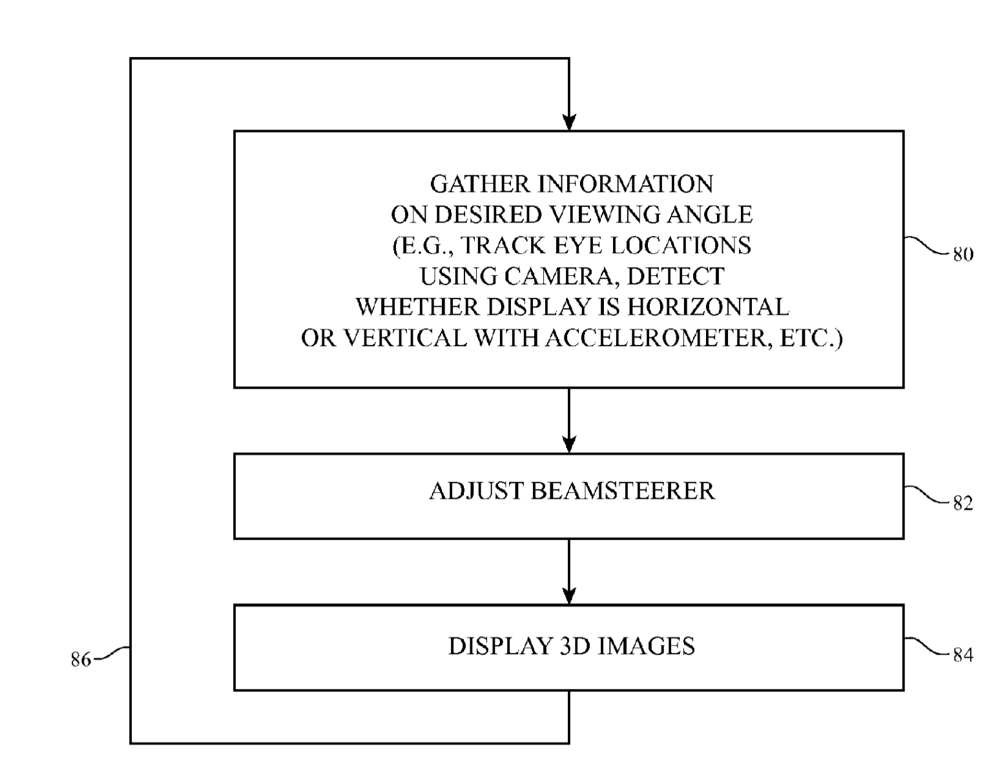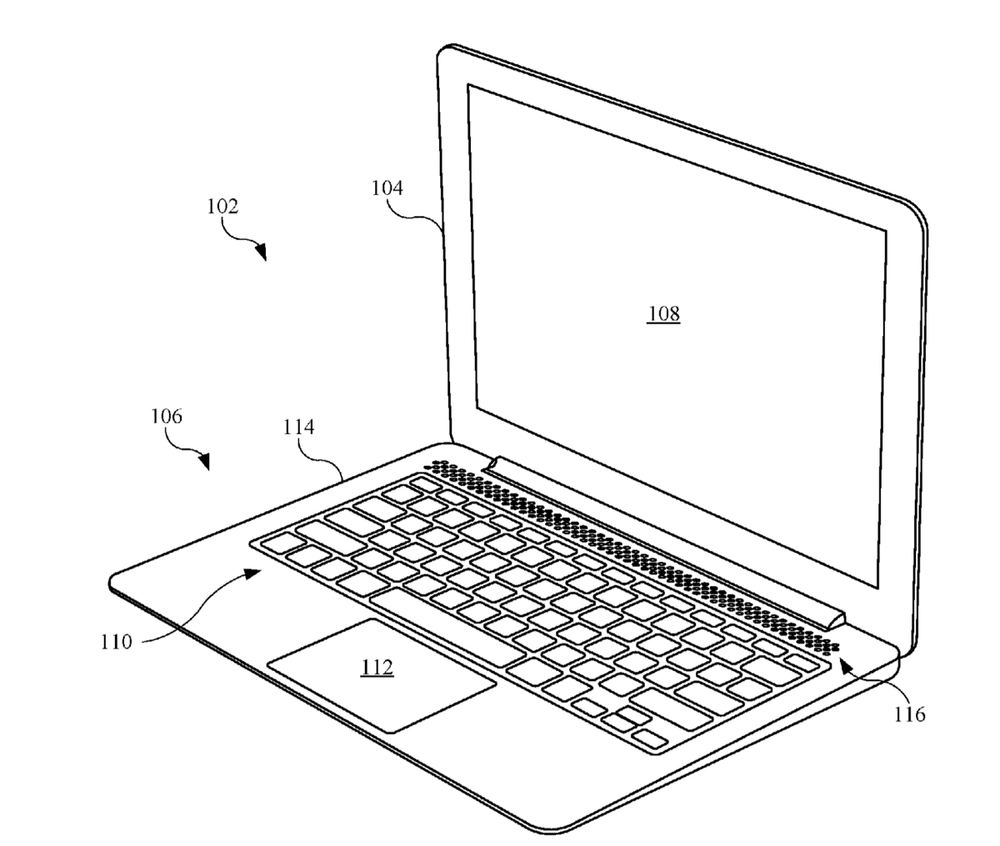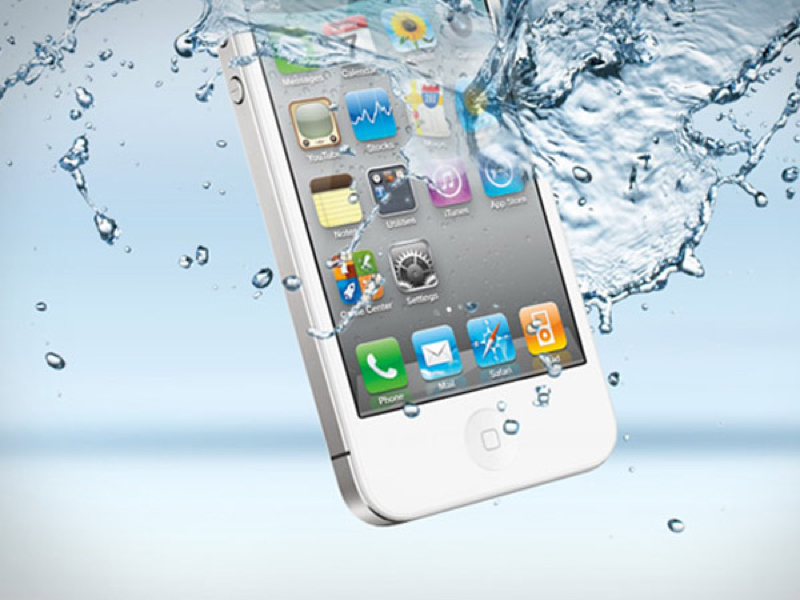Apple files for — and is granted — lots of patents by the U.S. Patent & Trademark Office. Many are for inventions that never see the light of day. However, you never can tell which ones will materialize in a real product, so here are today’s patent highlights:
Apple has filed for a patent (number 20160212413) for a”fine-coarse autostereoscoptic display” with an array of pixels for displaying 3D images. iPhones and iPads with 3D screens, perhaps? How about an iMac with a 3D, 5K Retina display?

Three-dimensional displays are able to display images that have a three-dimensional appearance. Autostereoscopic displays can display three-dimensional images without requiring viewers to wear special glasses, one of the reasons 3D TVs never caught on big.
In the patent filing, Apple says that challenges can arise in creating high quality 3D displays. When a user views an object, the user’s eyes pivot in opposite directions until the user’s eyes both point towards the object. At the same time, the lenses of the user’s eyes are adjusted to focus on the object. When viewing real-life objects, there’s an inherence congruence between the viewer’s eye motions (vergence) and location of focus (accommodation).
Without appropriate vergence accommodation congruence, a viewer may experience discomfort when viewing a 3D display. Apple thinks the use of utostereoscopic displays may be the answers to such problems.
Also, Apple is looking for ways to improve the speakers in all its portable devices as they get ever smaller. The company has filed for a patent (number 20160212892) for a “hybrid acoustic EMI foam for use in a personal computer.” It involves methods and apparatuses for shielding an audio assembly having an antenna coupled to an exterior surface of a housing of the audio assembly.

In the patent filing, Apple notes that as electronic devices are reduced in size while maintaining or increasing in complexity, various components that were conventionally designed with discrete packaging can be integrated into multi-component assemblies. One difficulty faced by designers desiring to group components together is electromagnetic interference (EMI). Because many components emit at least small amounts of EMI, placing components in direct contact can make it more difficult to isolate the integrated components in a way that prevents the components from interfering with one another.
Unfortunately, when an electrical component is exposed to EMI emitted by another one of the integrated electrical components, serious component degradation or in some cases even permanent damage to one or more of the integrated components can occur. Components that facilitate wireless transmissions, such as antennas, can be even more susceptible to interference and are oftentimes more likely to cause interference to other nearby electrical components. Apple wants to fix this.
Finally, Apple has filed for a patent (number 20160212526) for a “waterproof speaker module,” which at least hints at a waterproof iPhone in the future. Hopefully, this will be the case when the “iPhone 7” debuts this fall (I’m betting on September).

According to the patent filing, a waterproof speaker module may include a membrane formed from at least one waterproof and elastic material and a supporting structure. The membrane may include an outer surface, an inner surface, and at least one concave region that is indented toward the inner surface.
The supporting structure may be coupled to the membrane and include a support structure that mates with the concave region of the membrane when the speaker is subjected to a “hydrostatic load” (basically, water pressure). When the speaker is not subjected to a hydrostatic load, the support structure may contact the concave region. In this way, the membrane may be resistant to tearing or rupture due to hydrostatic load.
Classic protection: Pad & Quill’s Little Pocket Book Case for iPhone® SE
